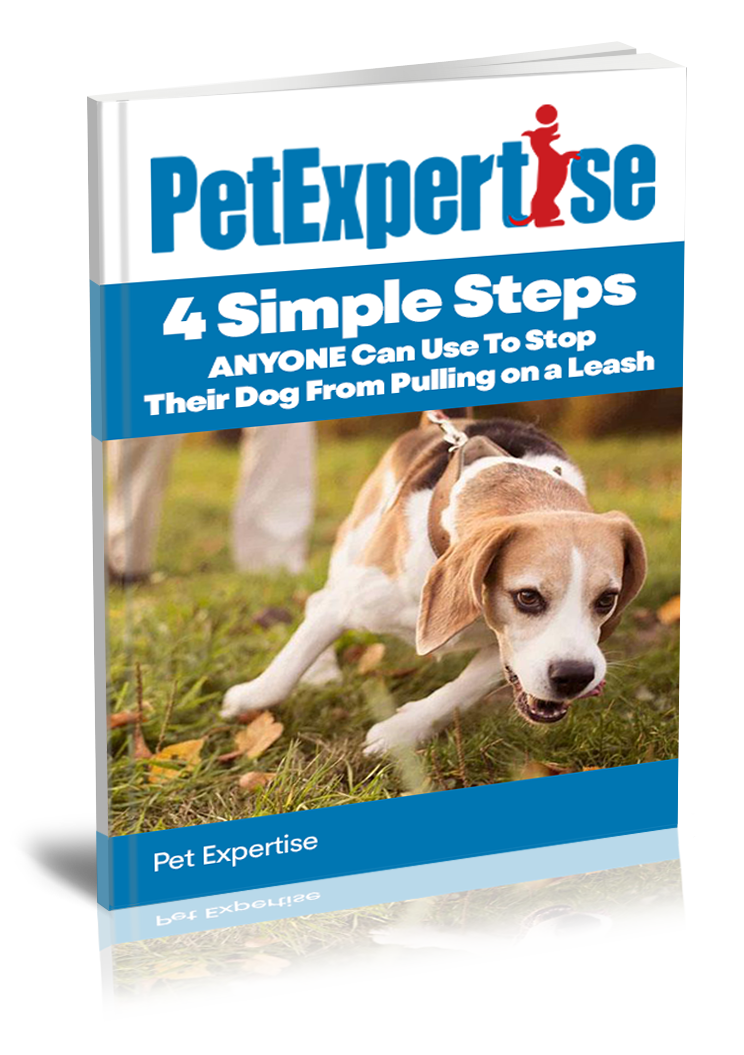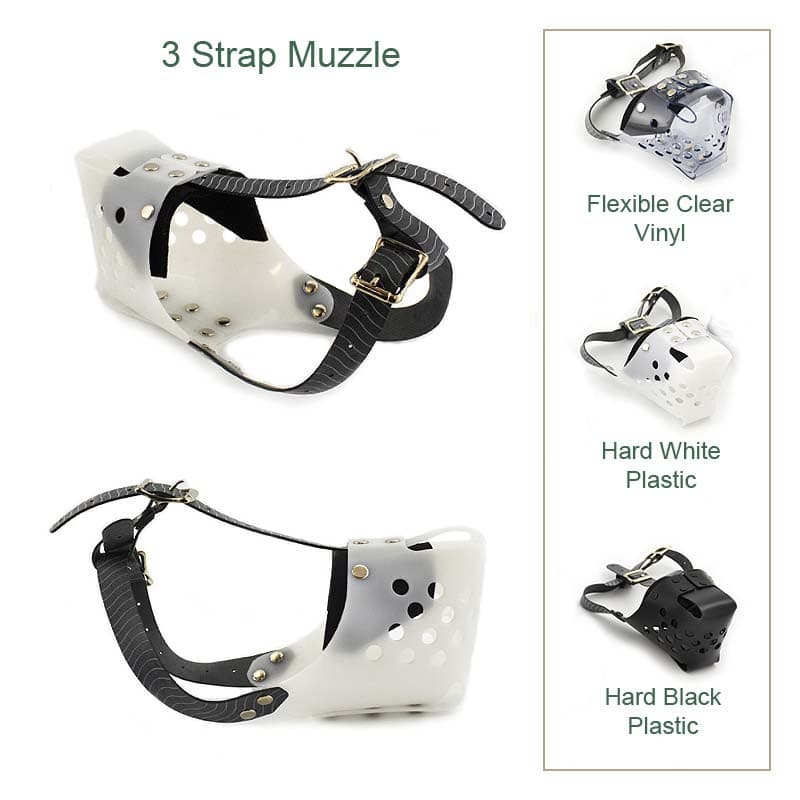Bully Sticks vs. Rawhide: Which Is Safer for Your Dog?

As pet parents, we always want the best for our dogs—especially when it comes to their health and safety. One area that often raises concern is what we give our dogs to chew on. Chew treats are important for dogs, not just for fun but also for their dental health. But with so many options available, it can be overwhelming to choose the right one.
Among the most popular dog chews are bully sticks and rawhide. Both are often seen as go-to options for satisfying a dog's chewing needs, but how do you know which one is safer? In this blog, we’ll dive deep into the differences between bully sticks and rawhide, comparing their safety and benefits, so you can make an informed decision for your furry friend.
Introduction: The Need for Safe Dog Chews
Dogs love to chew—it's natural behavior. In fact, chewing is not only satisfying for dogs but also beneficial for their mental stimulation and dental health. However, pet parents must be cautious when choosing chew treats, as some can pose serious health risks.
While bully sticks and rawhide chews have been staples in the pet industry for years, there are concerns about their safety. This is especially true when it comes to rawhide, which has faced increasing scrutiny due to its potential risks. On the other hand, bully sticks have gained popularity as a safer alternative. But are they really the better choice? Let’s explore.
Understanding the Basics
Before we can discuss the safety of bully sticks and rawhide, it’s important to understand what each of these chews is and how they are made.
What Are Bully Sticks?
Bully sticks are natural dog treats made from the muscle of a cow’s penis (called the pizzle). They’re often dehydrated or baked, making them tough and durable for dogs to chew on. Because bully sticks are 100% beef and contain no artificial additives, they are generally considered to be a safer, more natural option compared to other types of chews. They are easily digestible, which means if your dog manages to swallow a piece, it won’t cause a blockage in their digestive system.
Bully sticks come in a variety of shapes and sizes, and they can be bought in different thicknesses to suit different dog breeds. They are available in a variety of forms, from straight sticks to braided options, and some even come flavored to make them even more enticing for your dog.
What Is Rawhide?
Rawhide, on the other hand, is made from the inner layer of cow or horse hides. The hides are cleaned, processed, and cut into various shapes, including bones, strips, or twists. The chew is then often flavored or treated with preservatives to make it more appealing to dogs. Rawhide is widely available in pet stores and is typically less expensive than other dog chews.
While it may seem like a great option for dogs, rawhide poses several risks. In its processed form, rawhide can contain harmful chemicals or preservatives that are potentially dangerous for your dog. Additionally, rawhide chews can be difficult for dogs to digest and can lead to choking or digestive issues if large pieces are swallowed.
Safety First – A Closer Look
When it comes to chew treats, safety should always be the top priority. Let’s break down the safety aspects of bully sticks and rawhide.
Bully Stick Safety Explained
One of the main reasons why bully sticks are considered a safer option is their digestibility. Because they are made from beef muscle, they break down more easily in your dog’s stomach than other chews. This reduces the risk of choking and blockage, a common concern with rawhide.
Bully sticks are also free of harmful chemicals. Many rawhide treats are treated with chemicals like bleach or preservatives to make them look appealing or last longer. With bully sticks, you don’t have to worry about harmful additives. When choosing bully sticks, it’s important to look for high-quality, all-natural products with no artificial preservatives or additives.
Another safety benefit of bully sticks is that they can help improve your dog’s dental health. As dogs chew on bully sticks, the friction helps scrape away plaque and tartar, contributing to cleaner teeth and fresher breath. This can help prevent periodontal disease, a common problem among dogs.
Rawhide Risks
While rawhide may seem like a fun chew for your dog, it comes with several risks. One of the biggest concerns is its digestibility. Rawhide is a dense, tough material that can be hard for your dog to break down. If your dog swallows a large piece, it can get stuck in their digestive tract, causing a blockage that may require emergency surgery to remove.
Another issue with rawhide is the chemicals used in processing. In order to make rawhide chews look appealing and last longer, manufacturers often use bleaching agents, preservatives, and other chemicals. These can be harmful to your dog if ingested, and some may even cause allergic reactions or digestive upset.
Furthermore, rawhide chews are known to break into small, sharp pieces when chewed on for too long, which can pose a choking hazard or injure your dog’s mouth. These small shards may also cause damage to their gums or teeth.

Health Benefits vs. Hazards
When choosing a dog chew, it’s important to weigh the health benefits against the potential hazards.
Benefits of Bully Sticks
Bully sticks have a number of benefits for dogs, making them a popular choice among pet parents. Here are some of the key health benefits:
-
Digestibility: Bully sticks are fully digestible, meaning your dog can safely chew and swallow them without worrying about blockage or digestive upset.
-
Dental Health: Chewing on bully sticks helps scrape away plaque and tartar, promoting healthier teeth and gums. This is especially important for dogs prone to dental problems.
-
Long-lasting: Bully sticks are tough and durable, making them perfect for dogs that love to chew. They can keep your dog entertained for a long time, providing mental stimulation and relieving boredom.
-
Protein-rich: As a natural beef product, bully sticks are a great source of protein, which is essential for your dog’s muscle and tissue health.
Potential Hazards of Rawhide
While rawhide might seem like an attractive option, there are several potential hazards to consider:
-
Digestive Blockages: As mentioned earlier, rawhide is difficult to digest, and swallowing large pieces can cause blockages in your dog’s digestive system.
-
Chemical Exposure: Many rawhide chews are processed with chemicals such as bleach and preservatives. These chemicals can be harmful if ingested and may lead to digestive problems or allergic reactions.
-
Choking Hazards: Rawhide chews can break into small, sharp pieces when chewed on for extended periods. These small pieces can cause choking or injure your dog’s mouth, throat, or digestive tract.
Comparing Chew Time & Durability
Both bully sticks and rawhide offer long-lasting chew experiences for dogs, but how do they compare in terms of durability?
-
Bully Sticks: Bully sticks are typically more durable than rawhide, especially for dogs with strong jaws or aggressive chewers. However, they will eventually break down, so it's important to monitor your dog while they're chewing to ensure they don’t swallow large pieces.
-
Rawhide: Rawhide chews tend to soften as your dog chews on them, making them easier to break apart. This can be a problem for some dogs, especially if they chew through the rawhide quickly and swallow large chunks.
What Do Vets & Experts Say?
Veterinarians and pet nutritionists generally recommend bully sticks over rawhide for several reasons. Most vets agree that rawhide presents a higher risk of choking, digestive blockages, and chemical exposure, while bully sticks are considered to be safer and easier to digest.
Experts also emphasize the importance of choosing natural, high-quality chews for your dog. Not all bully sticks are created equal, and it’s essential to choose products made from natural beef with no additives or preservatives. Brands like those recommended by Pet Expertise are excellent examples of trustworthy, quality options.
Safe Dog Chew Alternatives
If you're concerned about bully sticks or rawhide, there are plenty of safe alternatives to consider. Some popular natural dog chews include:
-
Yak Chews: Made from yak and cow milk, these chews are durable and digestible.
-
Sweet Potato Chews: An all-natural, plant-based option that’s easy to digest and great for dogs with sensitive stomachs.
-
Rubber Chew Toys: Non-edible but highly durable, these toys can be filled with treats or peanut butter to keep your dog entertained.

How to Choose the Best Bully Sticks
When choosing bully sticks, it’s important to pay attention to the quality. Look for products that are:
-
Made in the USA or from trusted sources
-
Free of preservatives or artificial flavors
-
The right size and shape for your dog’s breed and chewing habits
If you’re unsure where to start, Pet Expertise offers a curated selection of bully sticks and other safe chew treats that are designed to meet your dog’s chewing needs.
Why Pet Expertise Recommends Bully Sticks
At Pet Expertise, we believe that the safety and health of your pet come first. That’s why we only recommend high-quality, natural dog chews that are both safe and beneficial for your dog. Whether you're looking for bully sticks, yak chews, or other safe alternatives, we have carefully chosen products to ensure your dog enjoys a healthy chewing experience.
Conclusion: The Safer Choice Is Clear
After comparing bully sticks and rawhide, it’s clear that bully sticks are the safer option for your dog. They are more digestible, free of harmful chemicals, and promote better dental health. While rawhide may still be popular, the risks associated with it make it a less desirable choice for many pet parents.
As always, when choosing a dog chew, it’s essential to consider your dog's unique needs and chewing habits. If you’re looking for safe, high-quality chews for your dog, explore the selection of bully sticks and natural treats at Pet Expertise.
Frequently Asked Questions (FAQs)
Yes, bully sticks are made from 100% beef muscle and are fully digestible for most dogs. Unlike rawhide, which can swell in the stomach and cause blockages, bully sticks break down naturally in the digestive system. They are a safer, protein-rich option that also supports dental health.
Rawhide is considered risky because it is not easily digestible and can cause serious blockages in a dog's intestines if swallowed in large pieces. Additionally, many rawhide products are processed with chemicals like bleach or glue, which may be harmful to dogs and lead to allergic reactions or illness.
Yes, puppies can enjoy bully sticks as long as you choose a size appropriate for their age and breed. Always supervise chewing to prevent choking or overconsumption. Bully sticks can help soothe teething discomfort in puppies and provide safe chewing relief, promoting good dental habits from an early age.
Chew treats like bully sticks can be given a few times a week, depending on your dog’s size, age, and chewing habits. Overuse can lead to excess calorie intake or digestive issues. Always supervise your dog while chewing and remove the treat when it becomes small enough to swallow whole.
Some of the safest dog chews include bully sticks, yak milk chews, and dehydrated sweet potato chews. These are made from natural, digestible ingredients and are less likely to cause choking or blockages. Choosing the right size and supervising your dog during chew time also increases safety significantly.
- Choosing a selection results in a full page refresh.
- Press the space key then arrow keys to make a selection.



